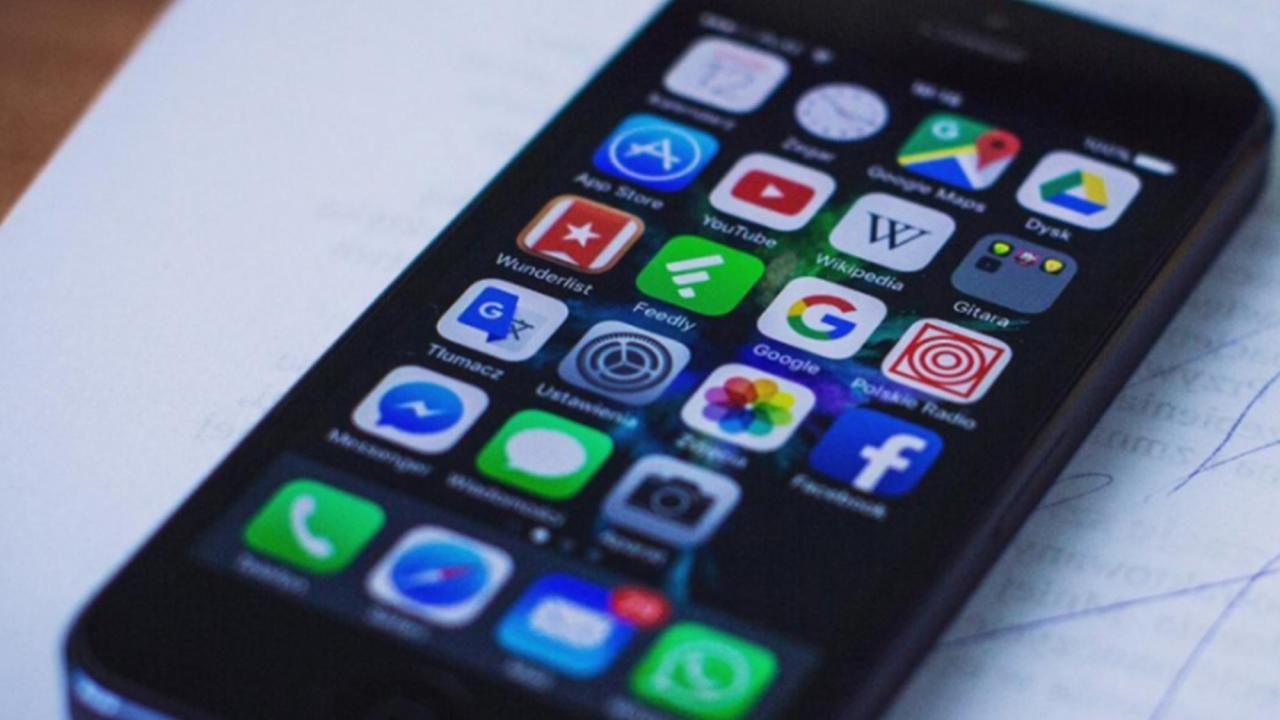NC House passes ban on cellphones in schools, with some exceptions

The North Carolina House of Representatives voted with near-unanimous support Tuesday to order local school districts to ban cellphones in almost all instances, at least during class time.
Rep. Ya Liu, D-Wake, said she's voting for the bill even though her kids will be mad at her.
"They said, 'Mom, if you dare to do a cell phone ban from campus, you will be the most hated legislator in the General Assembly,'" she said. "And I told them, 'Guess what? You don't have a say because you can't vote.'"
In the end, almost no lawmakers sided with the kids. The bill passed 114-3, and none of the three objectors publicly explained their opposition to the bill. The bill now goes to the Senate, where lawmakers have been considering their own version of a statewide ban on phones in schools, but with stricter rules than what's proposed in the House bill.
The biggest item of partisan disagreement on the House bill was how broad to make it. Democratic lawmakers wanted the rules to apply to all schools in the state, but Republicans shot down the suggestions to make private schools comply. The bill would only require public schools to follow the rules, if it becomes law.
Many schools already ban cellphones, but not all have policies. In Wake County, the state's largest district, school leaders met Tuesday to work on their own district-wide policy that would be in place for the next school year, regardless of what the legislature does. It would require cellphones to be turned off, silenced or in airplane mode from the morning bell to the afternoon, with a few exceptions for student special education and health plans, emergencies and some instruction for high schoolers.
State lawmakers say the bans are needed due to the increased disruptions caused by cell phone usage in the classroom — not just students texting, but also watching videos, listening to loud music or filming their classmates for social media cyber-bullying.
Rep. Brian Biggs, R-Randolph, said he's concientious of how cellphones have made bullying worse — with students even recording their classmates walking up to the board to work on problems, and then posting the footage online to make fun of them.
"There's already a lot of anxiety, and you get that bullying when they're walking up there to the board," Biggs said. "They shouldn't have those pressures. They should be in a safe environment where they're free of distractions. They shouldn't have bullying and peers trying to make fun of them, especially when they're trying to better [themselves], educationally."
Rep. Phil Rubin, D-Wake, said many people with diabetes use cell phone apps to track their blood sugar and expressed concern about students losing access to their phones for that. His colleagues quickly jumped on the concern and changed the language of the bill.
Rep. Tricia Cotham, R-Mecklenburg, said she has diabetes that she monitors her blood sugar levels using her phone. She proposed amending the bill to allow students to keep access to their phones during class in a handful of situations — including for medical reasons, or if the teacher allows it for instructional purposes. The amendment passed with broad support.
•Credits
Copyright 2025 by Capitol Broadcasting Company. All rights reserved. This material may not be published, broadcast, rewritten or redistributed.






